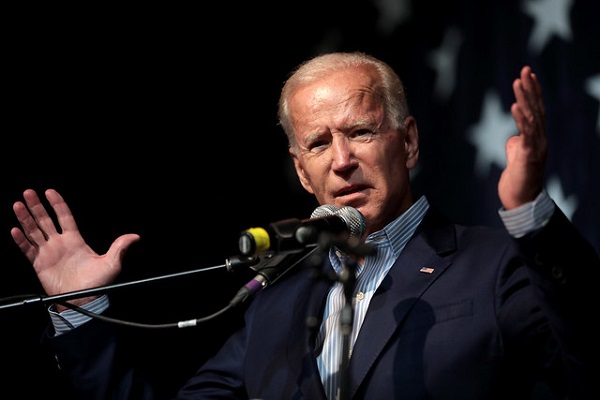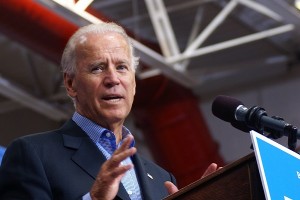
Will Religion Suffer Under the Biden Administration?
- By Sam Field --
- 22 Feb 2021 --

Religious issues were at the top of the ticket in 2020, and the Supreme Court ruled on a number of them, such as state and local government restricting freedom of assembly and worship during the COVID pandemic. In addition, other issues such as LGBTQ rights vs. religious freedom, public funding of private schools that barred religious schools, requirements that religious-based organizations provide health care insurance that included birth control, and that Catholic hospitals perform abortions. The Supreme Court, with its more conservative tilt, has now, for the most part, held firm and supported the First Amendment and the Religious Freedom Restoration Act of 1993. But there’s a new administration in town.
Biden is only the second Catholic president, and while he is reportedly observant, he has a complex relationship with Catholicism, most notably in his support of abortion. An abortion, in Catholic doctrine, is an offense meriting excommunication from the church, and yet Biden has consistently supported “reproductive rights” as they are euphemistically termed.
Priests for Life, in an open letter to Biden, are very outspoken on the issue of abortion: “The US Catholic Bishops have spoken for themselves on this matter in their document Living the Gospel of Life,” says the letter, “and Pope Francis has likewise clearly identified the unborn as the most defenseless ones among us, and abortion as a violent act. Nor has St. John Paul II’s encyclical The Gospel of Life lost any of its validity or relevance. Nobody can or should force you to be a Catholic, and nobody can or should force you to be a defender of legal abortion. But you cannot be both at the same time.”
So there are, naturally, questions about the direction and the intentions behind the Biden Administration’s treatment of religious issues. Biden’s “Plan for Safeguarding America’s Faith-Based Communities,” focuses mostly on such issues as anti-Semitism and hate crimes against religion, which is a good start, and has received thanks from Jewish and Muslim organizations, and Muslims have also applauded his revoking of former President Trump’s “Muslim ban.”
But the knotty questions of religious rights in conflict with LGBTQ issues, access to abortion and private school funding have so far been unanswered.
In the meantime, many organizations and individuals are flooding the Biden administration with open letters and communications designed to promote various sides of the questions that face the new president.
Americans United for the Separation of Church and State, for example, applauded Biden’s appointment of Melissa Rogers – who served a similar function in the Obama Administration – to the White House Office of Faith-Based and Neighborhood Partnerships, saying, in part, “The Trump administration spent four years adopting policies that misused religious freedom to sanction discrimination, deny access to health care and require taxpayers to fund religion. We have confidence that the Biden administration will work hard to right these wrongs and reclaim religious freedom as a shield to protect rather than a sword to harm others. We must ensure that our laws do not allow people to use their religious beliefs to harm others.”
Many religious leaders, such as the Dalai Lama, have congratulated President Biden and wished him well. Others, perhaps fearing a less religiously tolerant federal government, have communicated questions and concerns.
Biden’s choice of Xavier Becerra for Secretary of Health and Human Services, for example, may prove a divisive pick. Becerra has long been a proponent of abortion on demand who sued to end religious exemptions to many Obamacare requirements.
Will President Biden protect the rights of people of faith, or will religious issues of necessity rise through the courts to be finally settled by SCOTUS? We will have the answers to this and other questions by his appointments, his executive orders and his actions in the Oval Office.


















